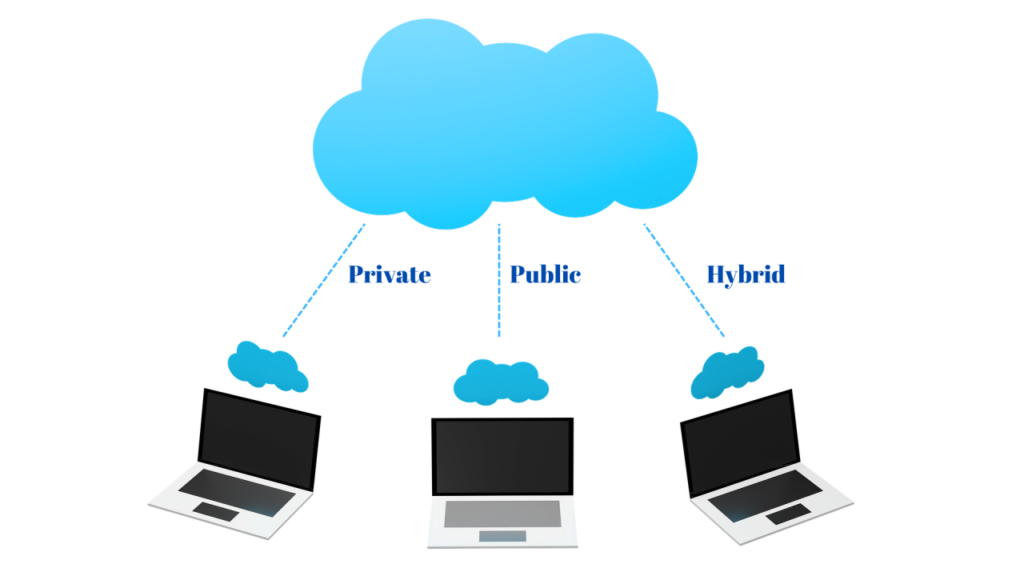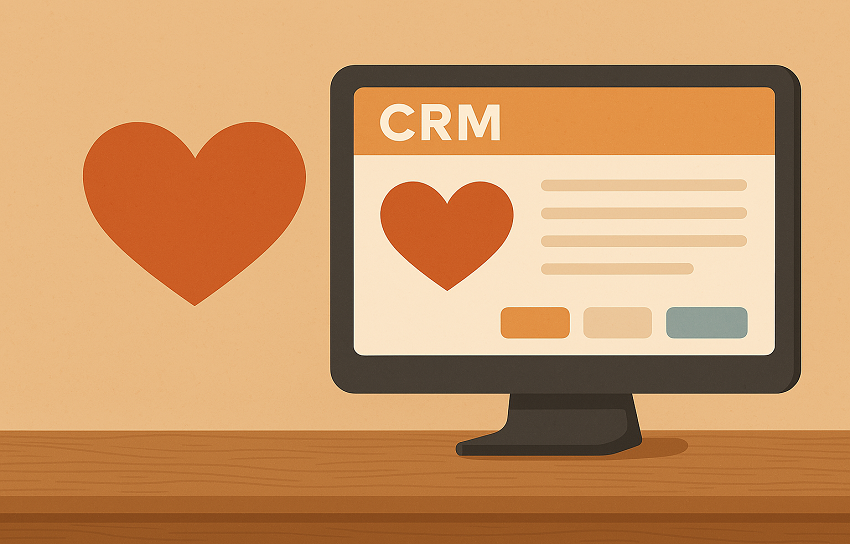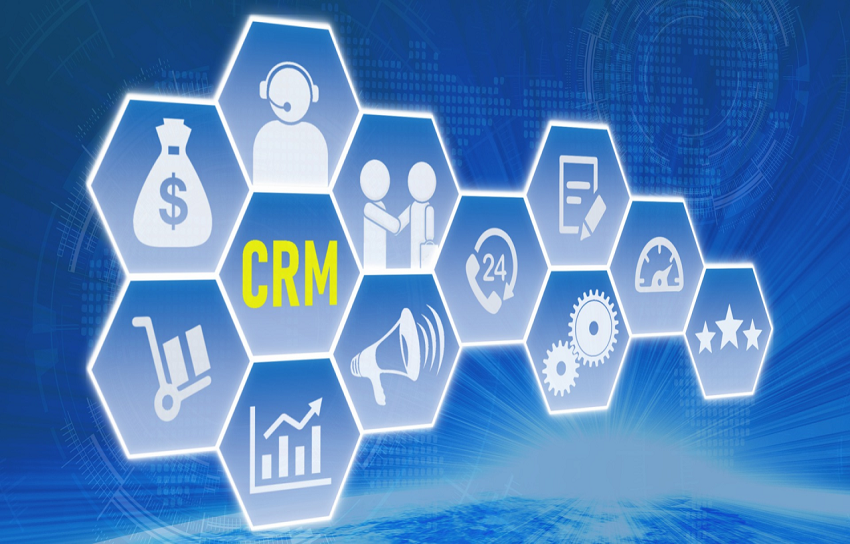- PMS
Transforming PMS with SaaS Solutions: Private Cloud vs. Public Cloud

Property Management Systems (PMS) are critical for the efficient operation of hotels and other hospitality businesses. With the advent of Software as a Service (SaaS), the capabilities and benefits of PMS have significantly expanded. SaaS-based PMS solutions, whether hosted on private or public clouds, offer numerous advantages over traditional on-premises systems. Understanding the differences between private and public cloud deployments is essential for selecting the right solution for your business.
What is SaaS for PMS?
SaaS for PMS refers to cloud-based property management software hosted and maintained by a third-party provider. Users access the software via the internet, typically through a subscription model. This approach eliminates the need for on-site hardware and reduces the burden on in-house IT resources.
Key Benefits of SaaS-Based PMS
- Cost-Effective:
- Lower Initial Investment:SaaS PMS solutions require no upfront costs for hardware or software licenses, making them more affordable, especially for small and medium-sized hotels.
- Predictable Expenses:Subscription-based pricing models offer predictable monthly or annual fees, simplifying budget management.
- Scalability:
- Easy Expansion:As your business grows, SaaS PMS can easily scale to accommodate new properties or increased workloads without significant additional investment.
- Flexible Resources:Cloud infrastructure allows for dynamic allocation of resources based on demand, ensuring optimal performance during peak times.
- Accessibility:
- Remote Access:As your business grows, SaaS PMS can easily scale to accommodate new properties or increased workloads without significant additional investment.
- Multi-Device Compatibility:These systems work seamlessly across various devices, including desktops, tablets, and smartphones, enhancing flexibility for staff.
- Maintenance and Updates:
- Remote Access:SaaS PMS solutions can be accessed from anywhere with an internet connection, enabling managers to oversee operations remotely.
- Reduced IT Burden:With the provider managing the infrastructure, in-house IT teams can focus on more strategic tasks rather than routine maintenance.
- Integration and Customization:
- API Integration:SaaS PMS solutions often come with robust APIs that facilitate integration with other systems such as CRM, POS, and revenue management tools.
- Customizable Modules:Many SaaS providers offer customizable modules that allow hotels to tailor the system to their specific needs.
- Data Security and Compliance:
- Enhanced Security:Reputable SaaS providers implement advanced security measures, including encryption, regular backups, and stringent access controls.
- Regulatory Compliance:Providers often ensure that their systems comply with industry standards and regulations, such as PCI DSS.

Differences Between Private Cloud and Public Cloud
SaaS with Public Cloud
A public cloud is a cloud infrastructure shared across multiple organizations, managed by a third-party cloud service provider, and offers services over the internet.
- Advantages:
- Cost-Effective:Operates on a pay-as-you-go model, with no upfront costs for hardware or maintenance.
- Scalability:Easily scales up or down based on demand, ideal for businesses with varying workloads.
- Accessibility:Services hosted on public clouds can be accessed from anywhere with an internet connection.
- Reliability:High availability and disaster recovery services, ensuring minimal downtime.
- Maintenance:The provider manages the infrastructure, including updates, security, and maintenance.
- Disadvantages:
- Security Concerns:Shared infrastructure can raise concerns about data security and privacy.
- Compliance Issues:Meeting specific regulatory requirements can be challenging due to the shared infrastructure.
- Limited Customization:Public cloud solutions may offer limited customization options.
SaaS with Private Cloud
A private cloud is a dedicated cloud infrastructure for a single organization, offering enhanced control and security. It can be hosted on-premises or by a third-party provider.
- Advantages:
- Enhanced Security:Higher level of security since the infrastructure is not shared with other organizations.
- Compliance:Easier to comply with industry-specific regulations and standards due to the dedicated nature.
- Customization:More control over the infrastructure, allowing for greater customization.
- Performance:Dedicated resources can lead to better performance, with no shared resources that might cause bottlenecks.
- Disadvantages:
- Cost:More expensive due to the need for dedicated hardware, maintenance, and management.
- Scalability:Requires more effort and cost to scale compared to public clouds.
- Maintenance:Organizations are responsible for managing and maintaining the infrastructure.
- Accessibility:Secure connections required, which can limit ease of access.
Real-World Example:Athena Information Systems
At Athena Information Systems, our SaaS-based PMS solutions are designed to meet the diverse needs of the hospitality industry. Here’s how our solution stands out:
- Comprehensive Features:
- Reservation Management:Streamlined booking processes with real-time availability and pricing updates.
- Guest Experience:Tools for personalizing guest interactions and enhancing satisfaction.
- Housekeeping Management:Efficient scheduling and tracking of housekeeping tasks.
- Seamless Integrations:
- POS:Integration with POS systems for a unified view of guest spending.
- Revenue Management:Compatibility with revenue management tools to optimize pricing strategies.
- Channel Manager +: Integration withChannel Manager +to maintain rate parity across all distribution channels.
- Advanced Analytics:
- Real-Time Reporting:Access to real-time data and analytics for informed decision-making.
- Custom Reports:Ability to generate custom reports tailored to specific business needs.
- Global Reach:
- Multi-Language Support:Our PMS supports multiple languages, catering to a diverse global clientele.
- Multi-Currency Handling:Simplifies transactions for international guests with multi-currency support.
- Deployment Options:
- Public Cloud:Cost-effective, scalable, and accessible solutions with high availability and minimal downtime.
- Private Cloud:Enhanced security, compliance, and customization for businesses handling sensitive data or operating in highly regulated industries.
Conclusion
Choosing between SaaS with private cloud and public cloud depends on your business needs, budget, and regulatory requirements. Public clouds offer cost-efficiency, scalability, and ease of access, making them suitable for many businesses. On the other hand, private clouds provide enhanced security, compliance, and customization, ideal for organizations with specific regulatory and performance needs.
At Athena Information Systems, we are committed to helping you find the right cloud deployment model that aligns with your business goals. Whether you opt for public or private cloud, our expert team will ensure you get the most out of your SaaS investment.




